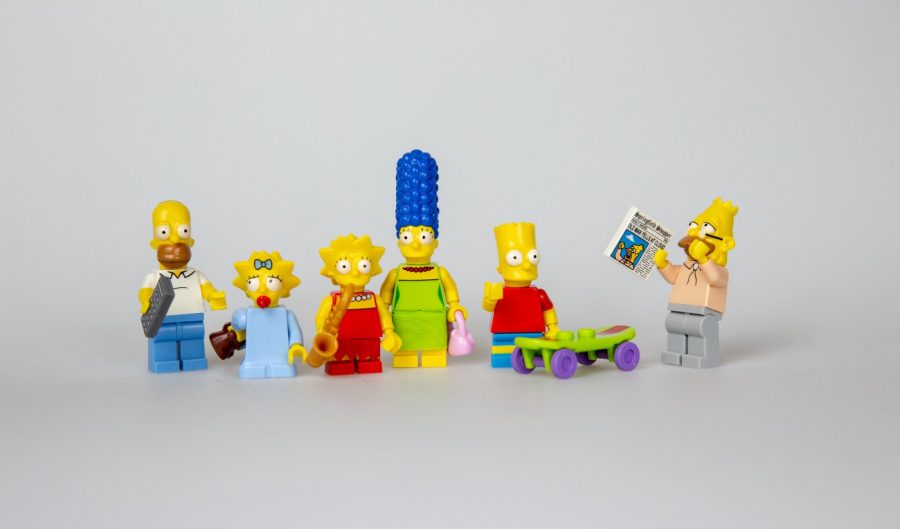China’s Censorship of the Simpsons
December 8, 2021
Censorship isn’t something many high school students and Americans have to experience or deal with. However, that doesn’t mean that it doesn’t happen. With the school’s demographics revealing that more than half of the school population are Asian (most with some sort of Chinese heritage), it’s important to understand what’s going on in the rest of the world.
Recently, an episode of “The Simpsons” was omitted from Walt Disney Co.’s streaming service in Hong Kong, which has ultimately raised questions about the power of the Chinese government and its censorship.
Season 16 Episode 12, “Goo Goo Gai Pan.” This episode is packed with commentary and jabs at the Chinese government. The family passes by a plaque at Tiananmen Square in Beijing that reads: “On this site, in 1989, nothing happened.” Alluding to the Tiananmen Massacre, “The Simpsons” condemned the censorship of that fateful day when the government was determined to squash bourgeois liberalism. To this day, when you search on Baidu, the equivalent of Google in China, there isn’t enough information on the Tiananmen Massacre. The first link on the webpage is from an article published in 2014, but even then, the article doesn’t explain anything about a massacre.
Continuing, the one clip in the episode shows the preserved body of Mao Zedong. There, Homer Simpson calls Mao “a little angel that killed 50 million people.” Not only that, the Simpsons family watches a traditional Chinese opera in which a dragon appears with a sign that reads American Dream, which is accompanied by music that sings “它会发生” (it will happen) repeatedly, potentially criticizing how many Chinese people couldn’t achieve the American Dream because of the dynamics of that time. Additionally, when Lisa tells a Chinese woman that she is considered pretty smart, the woman replies, “Well, Tibet was considered pretty independent. How’d that work?”
There has been rising concern over the power of censorship in China. As of now, it’s unclear if Disney chose to omit this episode or if China pressured it to censor.
